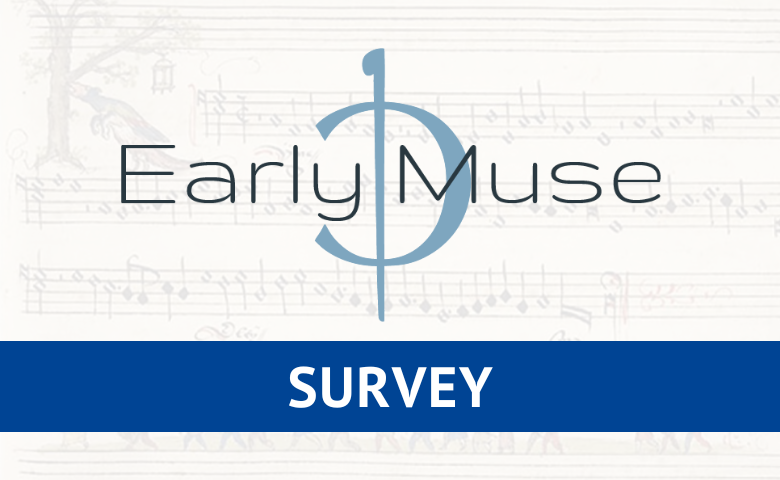EarlyMuse aims to take early music’s academic and artistic movement in new directions in research and training by strengthening collaborative practices between all the stakeholders. Rethinking the scientific and experimental field, as well as the material and symbolic value of early music and its modes of promotion in the digital age and the post-pandemic period offers tremendous opportunities to revalorize a major part of European musical heritage.
To address these challenges in all their complexity and diversity, the consortium brings together academic partners from several countries, with a network of music culture professionals and an industrial partner.
EarlyMuse intends to chart new paths that will strengthen the unique place of early music in Europe, both in our intellectual and cultural practices and in its global appeal. Specifically, EarlyMuse addresses six challenges:
- scientific,
- educational,
- professional,
- structural,
- economic,
- societal
The project aims to transform the scientific field, redraw the place of early music in higher education, attract original talent, deploy tools useful to emerging creative industries, and define public policy in the field of culture.
Survey
The team of the project prepared an online survey on Historical Musicology in Higher Arts Education Establishments. The main purpose of the survey is to find out what is the professional profile of an academic who teaches courses or modules in music history or theory up to 1900 in a higher art education establishment (such as a conservatory, a music academy, or similar) in Europe. Thinking about historical musicology and the theory of music more widely, what are the strengths of the discipline, and what are the greatest needs in the field in order to advance the discipline – these are the main questions of a rather short survey (filling time up to 10 min.).
Deadline to contribute: 9 February 2024






